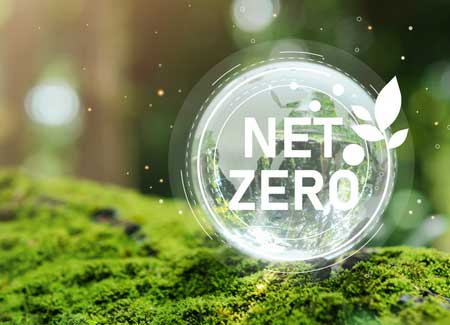 Reducing your carbon footprint is easier said than done if you’re a large corporation. Alternative forms of energy aren’t always available, and continually shopping around for clean energy is more of an art than science.
Reducing your carbon footprint is easier said than done if you’re a large corporation. Alternative forms of energy aren’t always available, and continually shopping around for clean energy is more of an art than science.
That will be changing soon. Seattle startup LevelTen Energy, Microsoft, Google and two clean energy providers are creating a new marketplace to help organizations achieve their ambitious climate pledge goals.
How does it all work? At the heart of the marketplace are granular certificates. These certificates verify when and where a company has purchased energy from clean providers. This allows smaller providers in the marketplace to offer less common clean energy sources, whether it’s geothermal, hydrogen, battery or nuclear, to larger customers.
This access to multiple forms of energy production is essential if an organization is going to rely on 100% clean energy 24 hours a day, seven days a week. Should solar, wind or hydropower not be able to fill the bill at any moment, these alternative energy providers can kick in.
Known as the Granular Certificate Trading Alliance, the new partnership is tasked with creating a new marketplace to allow the deployment of 24/7 clean energy to those trying to meet their climate goals. The marketplace will connect energy buyers and sellers and manage the exchange of granular certificates.
“This marketplace opens new opportunities for buyers and sellers to access granular carbon-free energy and creates an hourly price signal — important for driving investment in assets that deliver carbon-free energy in the right place, at the right time,” said Adrian Anderson, Microsoft’s general manager of renewables and carbon-free energy.
If your brain is hurting a bit, here’s a sample of how it might work.
Let’s say a company is opening a new facility that will need 200 megawatt hours annually. An agreement with a solar company gets them part of the way. Since they are a round-the-clock operation, they need more options since solar isn’t going to cut it at night and the facility runs 24/7. So they buy granular certificates from a battery startup in the marketplace to close the clean energy loop.
Time will tell how it all works, but innovation is a hallmark of Washington’s economy and new ideas in sustainable, clean energy are the wave of the future, as are ideas about how to maximize the available grid and new energy sources come online.